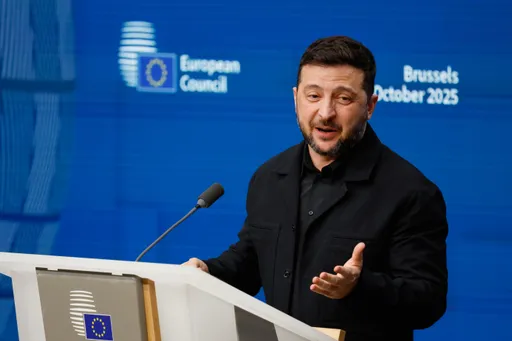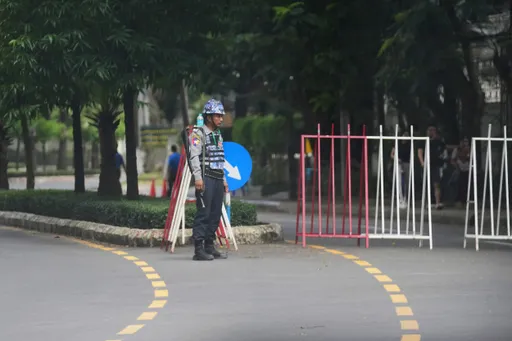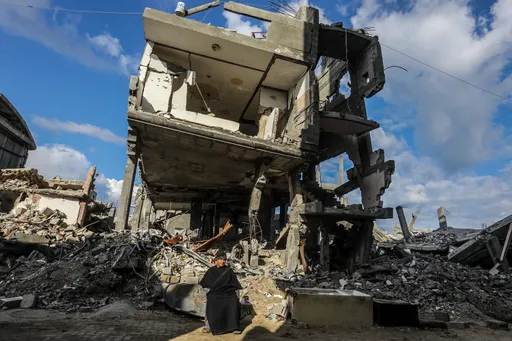Israel should think carefully before attacking Syria again once it obtains the sophisticated S-300 defence system from Russia, a senior regime official said late on Tuesday.
The warning followed pledges from Moscow to deliver the missile system after last week's downing of a Russian plane by its ally, the Syrian regime, responding to an Israeli air strike.
Israel, "which is accustomed to launching many aggressions under different pretexts, will have to make accurate calculations if it thinks to attack Syria again," the regime's Deputy Foreign Minister Faisal Mekdad said, adding the S-300 should have been given to Syria long ago.
The Russian Il-20 military reconnaissance aircraft was downed by the regime's air defences, which mistook it for an Israeli aircraft, killing all 15 people on board.
Russia laid the blame on Israel, saying Israeli fighter jets were hiding behind the Russian plane, an account denied by the Israeli military.
On Monday, Russian Defence Minister Sergei Shoigu announced the S-300s will be delivered to the Syrian regime within two weeks.
Earlier in the war, Russia suspended a supply of S-300s, which Israel feared Syria could use against it.
Netanyahu hopes to derail deal
Earlier on Monday, Israel's Channel 2 reported the Israeli Prime Minister Benjamin Netanyahu would attempt to persuade US President Donald Trump to offer Russian President Vladimir Putin a "diplomatic initiative" in exchange for the latter refraining from delivering the S-300 system to the Syrian regime.
Netanyahu is scheduled to attend the 73rd session of the UN General Assembly, which is currently under way in New York.
Channel 2 did not provide details as to Netanyahu's proposed "diplomatic initiative," but said the prime minister hoped to return from New York "with a guarantee that the Israeli Air Force would have the freedom to operate in Syrian airspace."
Israel’s Channel 10, meanwhile, quoted an unnamed Israeli official as saying that the situation with Russia constituted a "serious crisis."
The broadcaster went on to report that Israel's security cabinet had convened on Tuesday – with Netanyahu in attendance – to discuss the row with Moscow.
After the meeting, the cabinet reportedly instructed the Israeli army to continue conducting operations in Syria.
US warns Russia
US national security adviser John Bolton said the delivery would be a "significant escalation" in already high tensions in the region and Secretary of State Mike Pompeo said he would raise the matter this week with his Russian counterpart Sergey Lavrov at the UN General Assembly.
Mekdad said the missiles are for defensive purposes, adding that "Syria will defend itself, as it always did" – a reference to missiles regime forces fired at Israeli warplanes carrying out air strikes inside Syria over the past months.
























